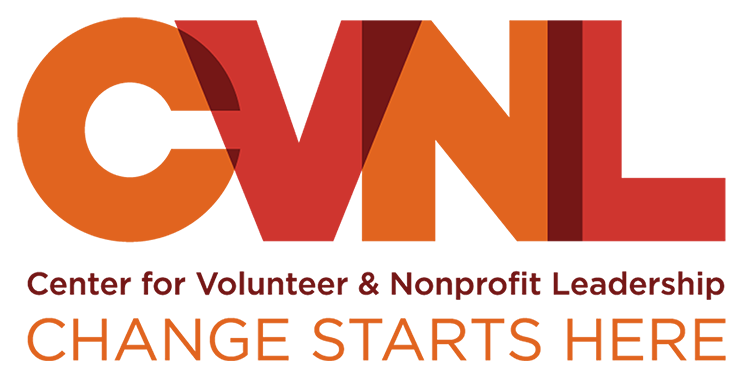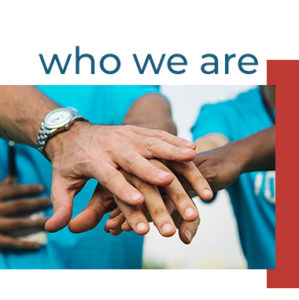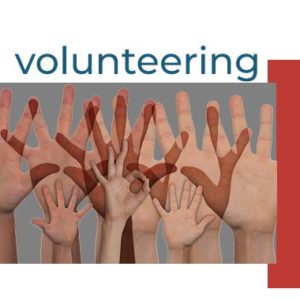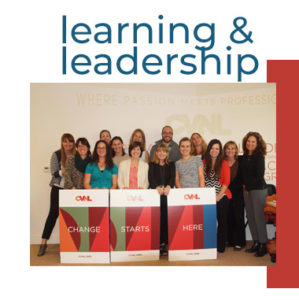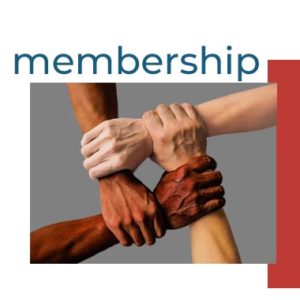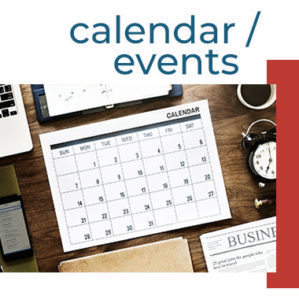A “thank you” to our Emergency Volunteers
A story from CVNL AmeriCorps Fellow, Blair Kearney
It was around 4:30 in the morning when I got a text from my supervisor telling me that a disaster had been declared in Napa and that the Volunteer Services Team was needed to open an Emergency Volunteer Center (EVC) up at the college. It was around 5:30 when I got a call telling me that I was getting picked up in 30 minutes and I should pack an overnight bag because we didn’t know what the day was going to look like. As we drove North, the road was deserted. Southbound was a parking lot with headlights flickering off as a vibrant orange sun rose slowly over the horizon. Heavy clouds of smoke drifted lazily across the road making the world blurry and tinted.
It was surreal. And terrifying.
That day set the tone for how the next two weeks would be: working on little sleep, only having most of the information half of the time, and relying on the people I work with to help me get through it all. One thing became more and more apparent as I continued to work. Nothing would have been possible without our volunteers.
Shortly after Napa, CVNL was called to open an EVC in Marin to work with the community members who were showing up at the shelter and wanting to help. This is my first disaster response and I was blown away by the level of support and willingness to help that every single person who came showed. At this point it is almost impossible to thank all of them, but I wanted to try.
CVNL’s Volunteer Services Team is only five people. We were stretched very thin and overwhelmed by the sheer numbers of everything: people, items, organizations. I have dedicated my career to being in social services and the nonprofit world. I am often surrounded by volunteers and I have met some truly amazing people this way. But the individuals who showed up to volunteer both in Marin and in Napa have left me humbled and proud to be included in these communities.
There are few words to describe the emotions that were welling when I met high schoolers and college students who, after a full day of classes and extracurriculars, wanted to then spend another four or five hours volunteering in the shelter. Or business professionals who, after a full day at their jobs, worked from midnight to 8 in the morning making sure that the shelter functioned. I met individuals staying at the shelter who had lost everything and wanted to volunteer to help others. There were teachers who, instead of staying home with their families when schools were closed, came in a spent dozens of hours with us.
I met nurses and doctors of the Marin Medical Reserve Corps and a wonderful women from the Napa CERT who made our lives so much easier because of her high level of expertise. I met and was able to spend time with a handful of absolutely wonderful individuals who helped staff the EVC. They made it possible for my team to actually go home and shower or get some sleep, easier to deal with busy influxes of volunteers, and made the lulls between groups easier with vibrant personalities and such strong good-heartedness that you could see it shining through their eyes and in their smiles.
The first time I was thanked for helping in the shelters I was unsure of what to say. I had an obligation; I was there because my organization was there. It was hard for me to understand why people who were donating time, energy, and money would thank me. I was just doing my job, sitting at a table and filling out paperwork. But as the days rolled on I realized that my team and I were a conduit, connecting people wanting to help with the needs that were arising.
When facing a disaster it is very easy to get overwhelmed by the whole of it. You can get so caught up in how big the response effort is that you forget that the little things still matter. You’re not fighting the fires; you’re wandering around the shelter doing odd jobs. You’re not evacuating people; you’re serving lunch. It is hard to see how the job you are doing is helping anything.
I have two responses to this: first, if you weren’t there to do the odd jobs or to serve lunch who would be? Second, helping seniors to the bathroom or standing behind a buffet table might seem dull and uninteresting, but the grandmother who you helped is going to remember you, the mother who you talked to while her child was getting food is going to remember you. You were present physical reminders that the individuals taking shelter were not alone and that they had help at hand. And that is as important as fighting the fire.
So I am dedicating this letter, this thank you, to all of our volunteers.
Whether I met you in person or you showed up and started helping right off, I thank you. Thank you to the night staff who spent graveyard shifts with us. Thank you to the food service volunteers who made sure that everyone (including us) were fed. Thank you to the donation volunteers who dealt with mountains of items and persevered until they were able to be organized and distributed. Thank you to the general volunteers who were capable and willing hands to do any number of small jobs that inevitably arose between large assignments from directing traffic, acting as guides, hauling garbage, to scrubbing cots. Thank you to the volunteers who came in large groups looking to volunteer through work or a community group and thank you to the individuals who came alone and were willing to work. You made our job possible.
CVNL’s Volunteer Services team is only 5 people, but with our volunteers we grew to a team of 3,000, with many more waiting. Thank you for your service. Feel proud of the work you did. Spend time with family and friends. Take care of yourselves. And remember, without you we would not have been able to make the impact that we did on those in need.
Story by
Blair Kearney,
AmeriCorps Fellow
